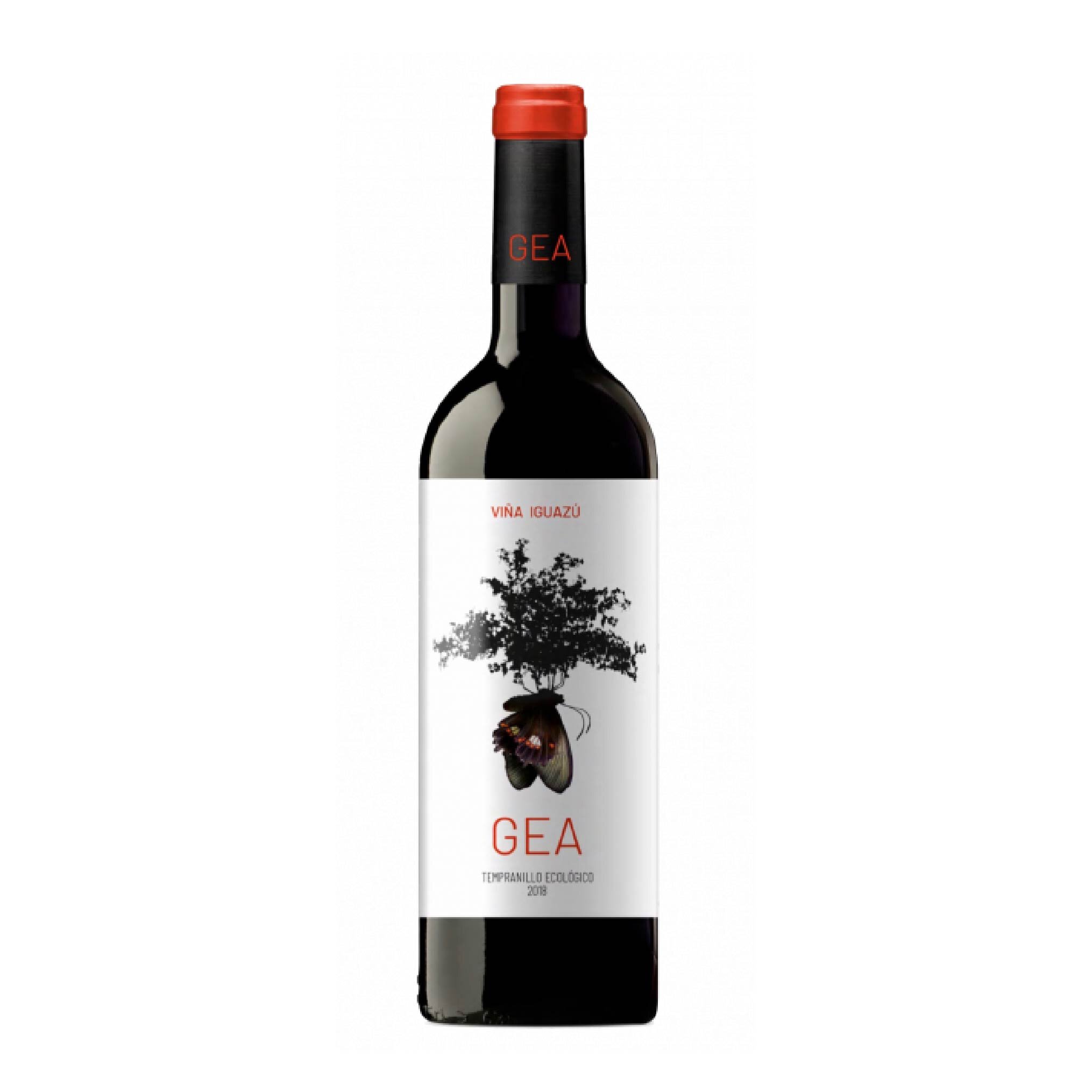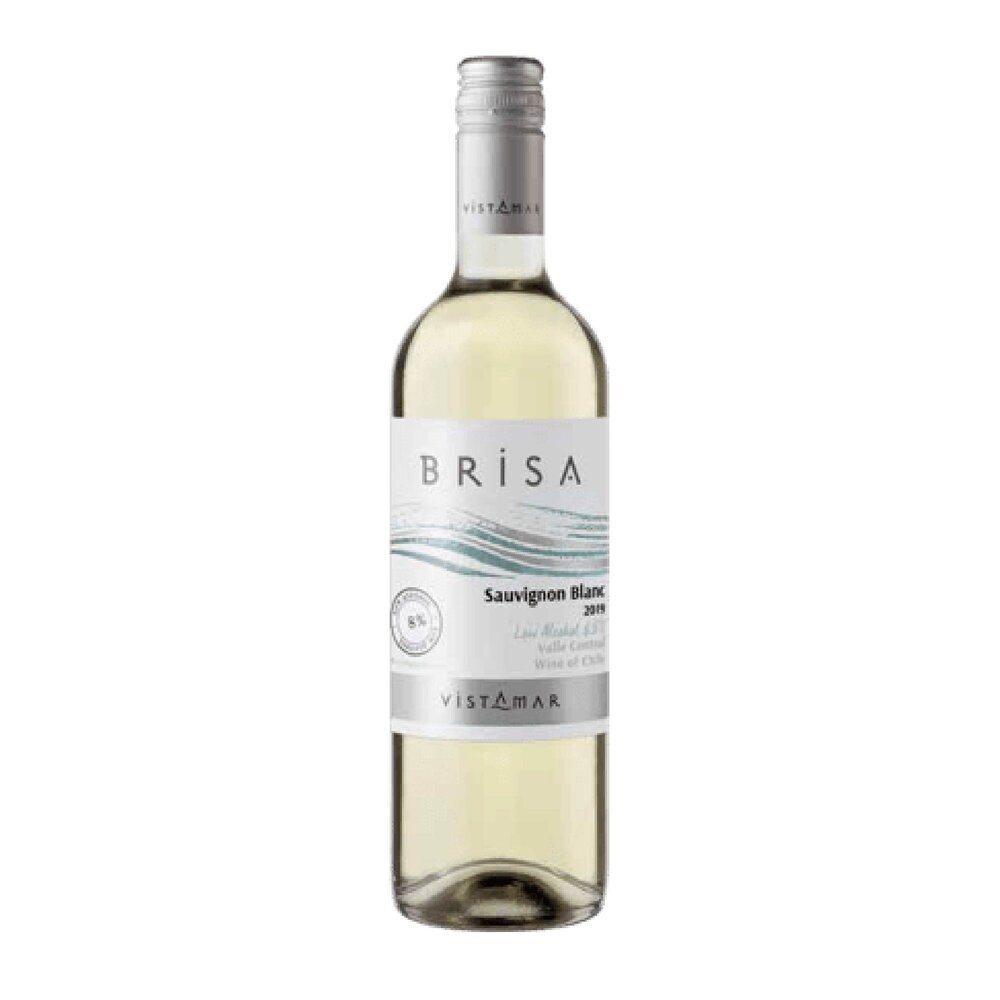Our Wines Explained


ORGANIC WINE
Organic wine, like organic food, is made without the use of artificial pesticides, fungicides, herbicides etc, according to rules laid down by bodies such as the Soil Association. Vine-growers can promote growth and fight disease using naturally occurring products, such as sulphur dioxide. In the winery, they must also avoid prohibited additives.
Organic wine is relatively uncontroversial since most winemakers and wine-drinkers who are interested in quality and sustainability agree that avoiding substances that might affect human or environmental health is a good idea. Terrible weather conditions – the droughts, frost, hail, and downpours that are becoming more frequent and severe with the climate crisis – can ruin crops, tempting smaller winemakers to break the rules. Still, the thinking goes, many of the non-organic fixes will ultimately destroy the soil and the vineyard, not to mention affect the taste of the wine.
Our List of Organic Wines

BIODYNAMIC WINE
Biodynamic winemaking follows the principles of the philosopher Rudolf Steiner and is based on the idea that, in order for it to reach its full potential, a vineyard needs to be well-balanced and harmonious. Organic is good, runs this thinking, but doesn’t go nearly far enough. Some parts of the methodology are obvious; others are weird. So, crop rotation and the promotion of biodiversity make perfect sense; this is how peasants did things in feudal times, using rest and alternative crops to return nutrients to depleted soils.
The spraying of infusions of natural substances including nettles, blossoms, minerals, and manure on the vineyard also has an obvious logic to it: healthy soil will produce healthy grapes. However, burying cow horns packed with fermented dung in the vineyard tends to cause sniggers, as does pruning and harvesting in accordance with the phases of the moon.
Our List of Biodynamic Wines
VEGAN WINE
Vegetarian and vegan wines are increasingly requested by customers. The main area of concern is the use of animal-based products for fining and stabilizing wine. Of the most common agents, only bentonite is suitable for vegans as well as vegetarians; casein and albumin are acceptable to most vegetarians; isinglass and gelatin would be unacceptable to most vegetarians and vegans. Although such materials are processing aids rather than additives, it is impossible to guarantee that there is absolutely no residue in the wine and some wine drinkers may object to the use of an animal-derived product. Some winemakers and retailers have started to make this information available on the bottle or at the point of sale.
Our list of Vegan Wine
NATURAL WINE
This is by far the most debated category, probably because, unlike with organic or biodynamic viticulture, there is no overseeing body that assigns certification to winemakers, and therefore very few generally accepted rules. The idea, however, is to intervene with the grape’s own process as little as possible. So, in addition to avoiding synthetic chemical products, filtration is banned, as is the addition of industrial yeasts; only naturally occurring yeasts are permissible. Very little sulphur is added and most of the accepted tweaks are avoided. So, no sugar or enzymes are added; some wineries even refuse to regulate temperature.
Whether you see this as the equivalent of athletes avoiding steroids or a senseless refusal of modern advances in winemaking is up to you: there are arguments on both sides. Sulphur dioxide, for example, is used to stabilise wines and keep them fresh, which is vital if they are travelling internationally.







































